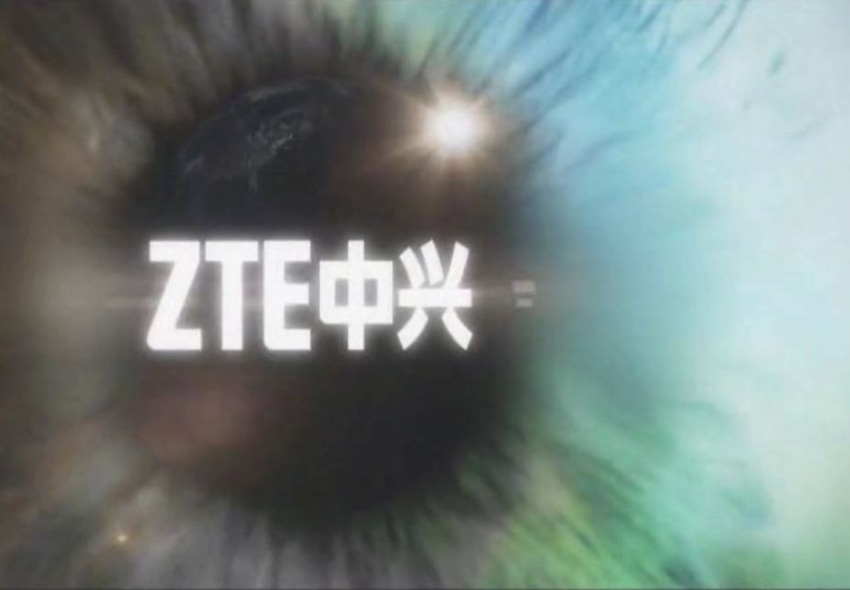US senators from both parties have re-introduced a bill to hold ZTE accountable in spite of the deal reached with the US government last summer.
February 6, 2019

US senators from both parties have re-introduced a bill to hold ZTE accountable in spite of the deal reached with the US government last summer.
On Tuesday (5 February), seven senators from the Republican and Democratic parties re-introduced the ZTE Enforcement Review and Oversight (ZERO) Act . The same bill was first introduced in September last year, following the deal between the Chinese telecom equipment maker and the US government, but expired when the last Congressional session ended with the mid-term election in November.
Like last time, the bill was sponsored by Marco Rubio, the former presidential candidate and Republican senator from Florida, and joined by his fellow senators Chris Van Hollen (D-MD), Susan Collins (R-ME), Mark Warner (D-VA), and Elizabeth Warren (D-MA). The changes on the signatory included the absence of the Republican senator James Lankford of Oklahoma and the addition of Jerry Moran (R-KS) and Doug Jones (D-AL).
The press statements from the senators’ offices read largely similar to those from September. The law-makers reiterated that dissatisfaction with the lifeline the Commerce Department threw ZTE in the summer but believed the bill would serve as a deterrent. “While it was a mistake to strike a ‘deal’ with ZTE in the first place, this bill would ensure ZTE is held accountable if and when it cheats again,” said Rubio.
“When it comes to violating U.S. sanctions and deceiving our government, ZTE is a repeat offender. Companies like ZTE threaten our security and compromise American interests but this administration has failed to hold them accountable,” said Warner, who also serves as Vice Chairman of the Senate Select Committee on Intelligence. “This much-needed legislation will force the telecom firm to play by the rules by imposing punitive measures if ZTE once again violates trade restrictions or its agreement with the U.S.”
A couple of factors make the timing of the re-introduction noticeable. The first was the high-level official meeting over the trade disputes between the US and China only finished a few days ago with no deal signed, but which the Chinese delegation claimed to have achieved “important progress”. The second is the legal cases recently filed by the US government against Huawei and its executives, ZTE’s domestic and international competitor. Another is Venezuela, which is in a highly volatile status. After reaching the deal with the US government in July, ZTE was suspected to have continued its business with the Venezuelan government officials under US sanction. Last but not least, collateral damage or not, the re-introduction fell on the first day of the Chinese New Year.
About the Author(s)
You May Also Like








.png?width=300&auto=webp&quality=80&disable=upscale)


_1.jpg?width=300&auto=webp&quality=80&disable=upscale)


.png?width=800&auto=webp&quality=80&disable=upscale)